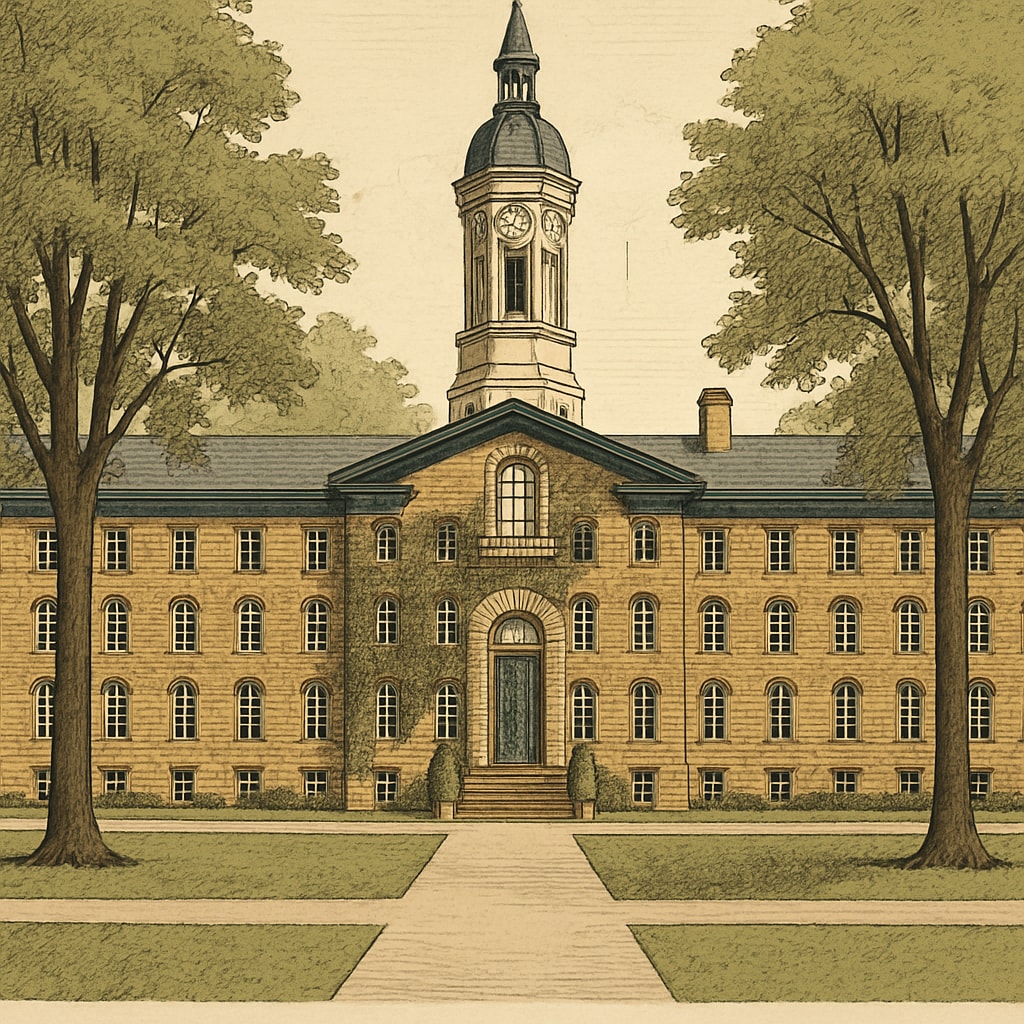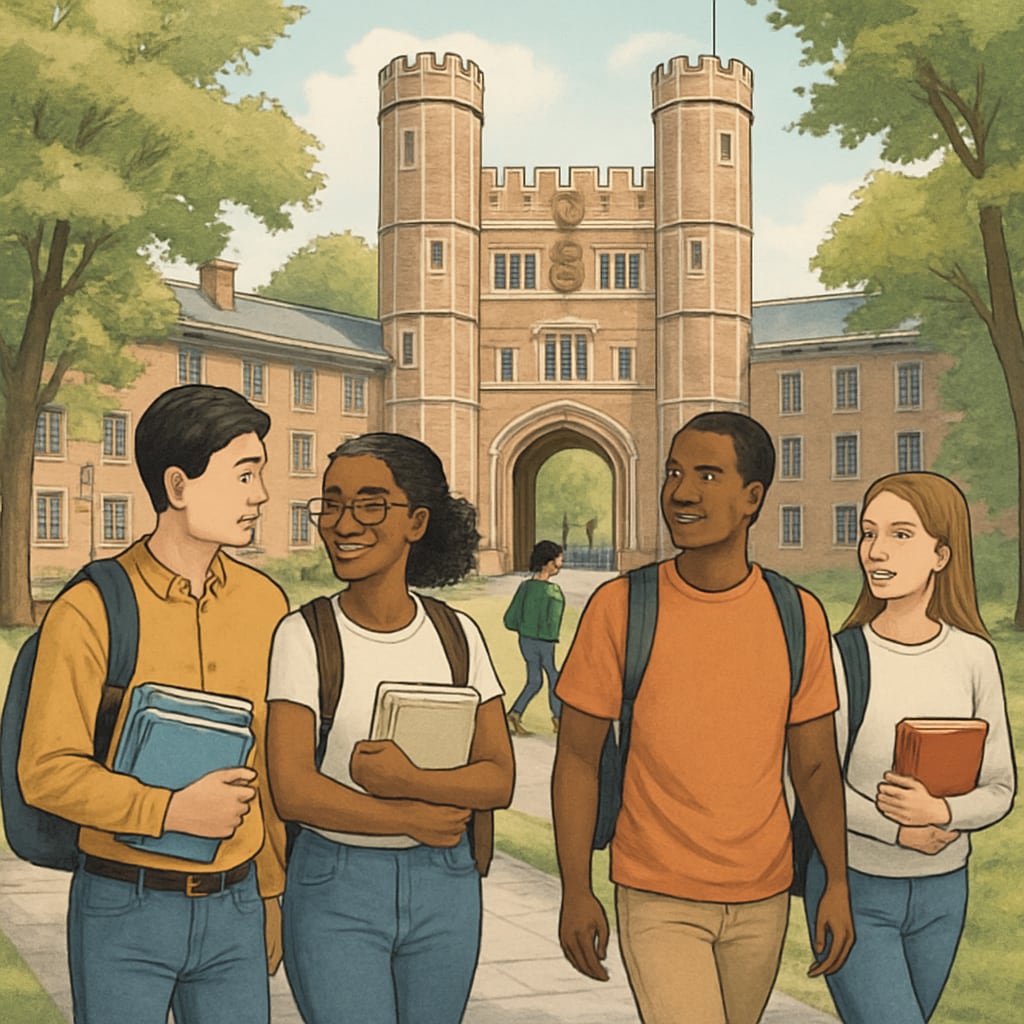The reputation of Princeton, Ivy League, and higher education institutions has long been revered as the pinnacle of academic achievement. However, a deeper look reveals an over-romanticized narrative that often overlooks critical gaps between reputation and actual educational value. Are these institutions truly deserving of their lofty status, or have they simply mastered the art of branding? This article explores the myths surrounding Ivy League schools, particularly Princeton University, and examines their impact on students and society.
The Illusion of Prestige: What Makes the Ivy League So Special?
The Ivy League schools, including Princeton, are frequently regarded as the gold standard of higher education. Their names evoke images of academic rigor, unparalleled resources, and future success. But what truly sets them apart? In many cases, their prestige is rooted more in history and exclusivity than in educational outcomes. For example, Princeton’s endowment of over $37 billion allows it to offer state-of-the-art facilities and attract top-tier faculty.
However, studies suggest that the actual learning experience at Ivy League schools may not be significantly different from that of other reputable universities. According to a report by The Brookings Institution, student outcomes at certain public universities rival or even exceed those of Ivy League graduates in terms of career earnings and job satisfaction. This calls into question whether the Ivy League’s reputation is built on substance or merely on the allure of exclusivity.

The Hidden Costs of Elite Education
While Ivy League schools like Princeton boast impressive resources, their exclusivity comes at a cost. The intense competition for admission fosters a cutthroat environment among K-12 students, pushing them to prioritize grades, standardized test scores, and extracurricular achievements over holistic development. This can lead to burnout and mental health issues—a growing concern among high school students striving for Ivy League acceptance.
Furthermore, the “Ivy League or bust” mindset perpetuates educational inequality. Admission rates at these schools hover around 4-7%, favoring applicants with access to expensive preparatory programs and legacy admissions. As a result, the Ivy League’s prestige often reinforces socioeconomic divides rather than bridging them.
Princeton and the Reality of Educational Value
Princeton University, often hailed as the crown jewel of the Ivy League, exemplifies these contradictions. While its small class sizes and renowned faculty are undeniably attractive, the educational experience it offers may not justify its astronomical costs for all students. For instance, the university’s focus on research and theoretical knowledge may not align with the practical skills demanded by certain industries.
Additionally, Princeton’s emphasis on tradition can sometimes hinder innovation. While it excels in fields like the humanities and theoretical sciences, it has faced criticism for being slow to adapt to emerging disciplines such as data science or entrepreneurship. This raises the question: is Princeton providing an education that prepares students for the future, or one that clings to the past?

Rethinking the Role of Ivy League Institutions
To address the disparities between reputation and reality, it is essential to rethink the role of Ivy League institutions in the broader educational landscape. Instead of treating them as the ultimate goal, society should recognize that many non-Ivy schools offer comparable or even superior educational experiences at a fraction of the cost.
- Focus on Individual Fit: Students should prioritize finding a school that aligns with their personal goals and learning style, rather than chasing prestige.
- Broaden Access: Efforts should be made to reduce the socioeconomic barriers to elite education, including reforming legacy admissions and increasing financial aid.
- Valuing Diverse Pathways: Employers and society at large should place greater emphasis on skills and achievements rather than alma maters.
Conclusion: Beyond the Ivy League
Princeton, Ivy League, and higher education institutions undoubtedly offer unique opportunities, but their value should not be overestimated. By challenging the myths surrounding these elite schools, we can create a more equitable and realistic understanding of higher education. In the end, success is determined not by the name on a diploma, but by the knowledge, skills, and character a student develops along the way.
Readability guidance: The article uses short paragraphs, lists, and a mix of data and analysis to maintain engagement. Transition words like “however,” “for example,” and “in addition” are used to ensure smooth flow. Passive voice and long sentences are minimized to enhance clarity.


